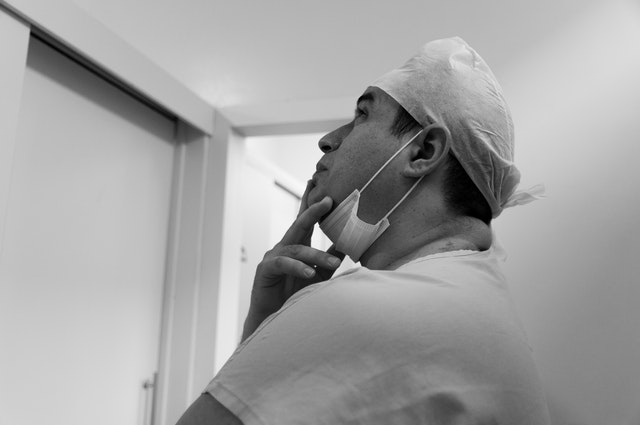Surgical operations are a marvel of healthcare, with procedures from the smallest keyhole operations to the biggest transplants giving patients a new lease on life. Operations are a common occurrence, especially hernia corrections and elective procedures like joint replacements, with more than 10 million operations taking place each year – but their commonality doesn’t make them any less scary to prepare for. Much is made of how to physically ready yourself for an operation, but less is said about ways you can mentally prepare; the following includes three simple things you can do to reduce your fear before going into the operating theatre.
Utilise Relaxation Techniques
Stress, worry and fear can become predominant emotions ahead of an operation, and make for an incredibly uncomfortable wait. But relaxation techniques such as meditation can work wonders for clearing the mind, and reducing anxiety. Simple breathing exercises are a great start, with guiding breathing acting as a form of mindfulness exercise – guiding your thoughts away from future worries and back into the present moment.
Challenge Your Thinking
Relaxation techniques can only do so much to keep your stress levels down, especially if you find yourself constantly thinking about your hospital visit in a negative light. As a mental exercise, try instead thinking about the positives that come with your operation. Not only are you receiving proper treatment for your condition, which will result in a better quality of life, but you are also being looked after while in the hospital. You will have no obligations beyond preparation and recovery, giving you ample time to take a break from work or study. Your free time laid up in bed gives you a unique opportunity to catch up on hobbies, watch films or play games until you are well again. Treat your hospital stay as a stay-cation!
Research for the Worst-Case Scenario
While complications or mistakes in surgery are vanishingly rare occurrences, they are still a possibility – and researching what to do in the event of suffering medical negligence could well help with reducing your anxiety ahead of the operation. If a surgeon makes a mistake in surgery, or a practitioner fails in their duty of care to you while you recover in hospital, you could be eligible to make a medical negligence claim, and receive compensation for any negative effects caused by said negligence. These negative effects would include any specific injuries suffered as a result of the negligence, as well as the mental toll said negligence may have taken on you since the error.
Thankfully, the process for making a claim is quick and simple. You would speak to a solicitor specialising in medical negligence, who would determine whether or not you have a case from your story, and then examine evidence. A letter of claim would then be sent to the party you intend to claim against, setting out the reasons for your claim. The majority of successful medical negligence claims do not make it to the courtroom, with pre-court negotiations often resulting in a compensation settlement without the legal hassle.










